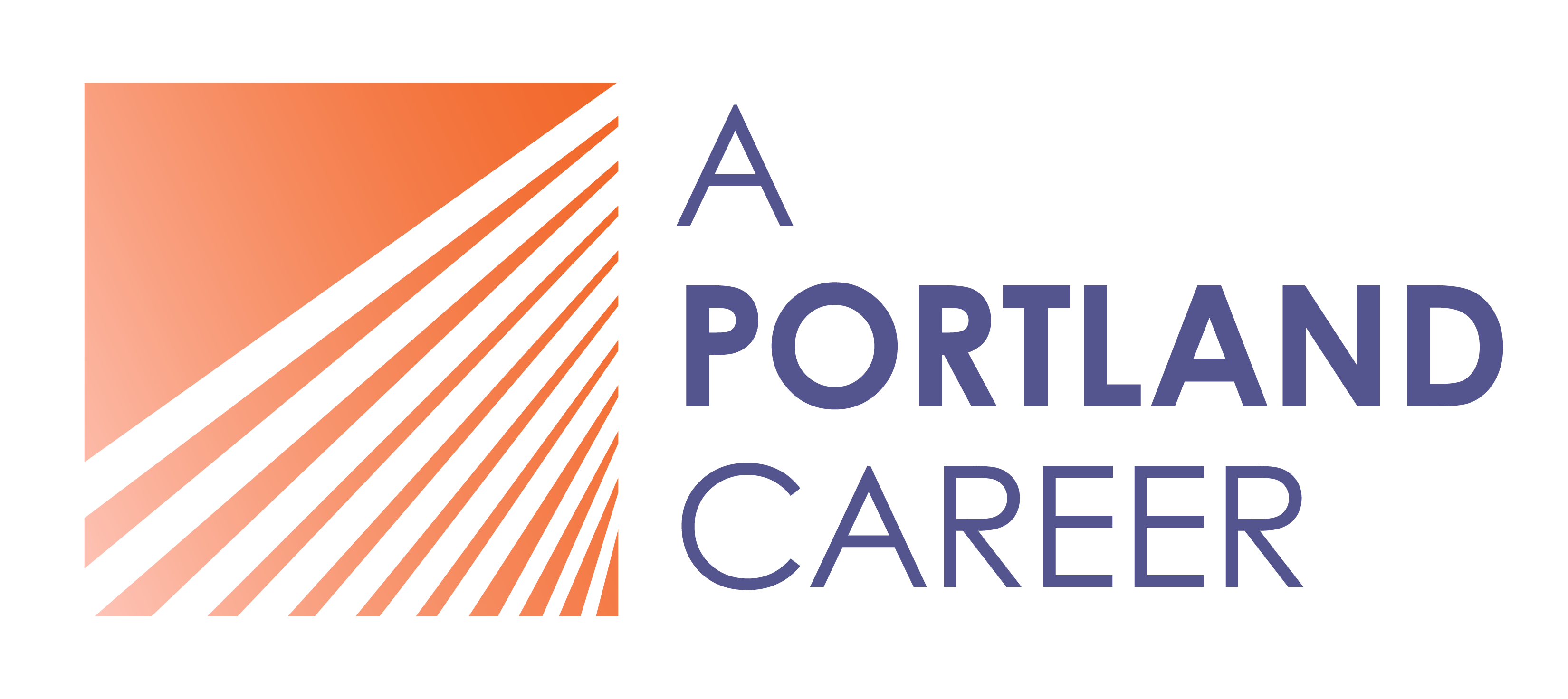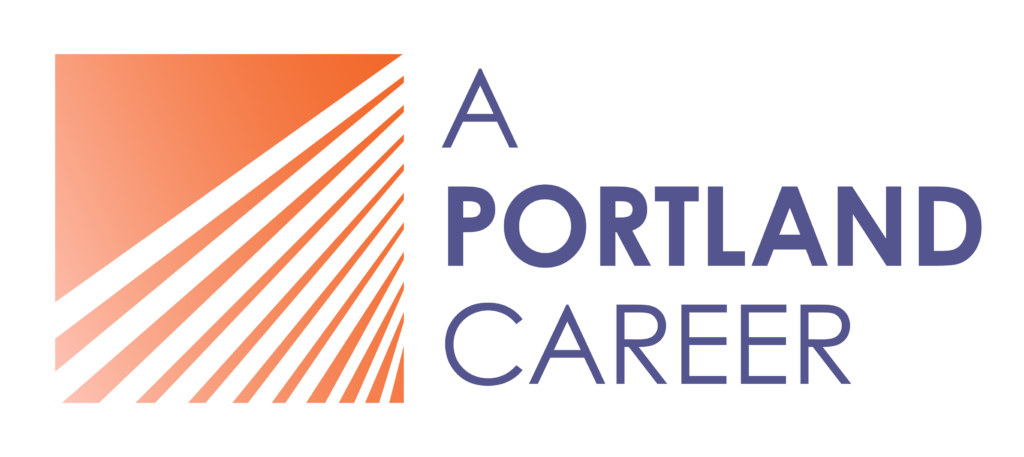Learn different ways to approach a creative career and make a living as an artist in Portland, Oregon.
Learn how to avoid these six job search procrastination pitfalls with expert tips and advice from our career counseling team.
How to Avoid These 6 Job Search Procrastination Triggers
By Dan Hahn, M.S., and edited by Jelena Grove and JD Duran
Have you hit a wall in your job search? Schedule a consult and let’s get you un-stuck.

Have you been procrastinating on your job search or career transition tasks? You’re not alone. Through our clients, we’ve seen many ways people wrestle with procrastination. We’re happy to share some of the most frequent obstacles we’ve observed, along with our most successful tricks to break through procrastination and keep up your momentum.
Job hunting can be time-consuming, frustrating, and often downright demoralizing. Of course, that doesn’t mean you should set aside your computer and flip on Netflix when things get too stressful. Landing your dream job (or a new job, period) takes time, hard work, and most importantly, patience.
A vital piece of career advice we give job seekers is to stop procrastinating when the difficulties of job hunting set in. In this post, we’ll show you just how to do that. We’ll help you identify common triggers and provide tips and tricks so you can overcome procrastination, move in a productive direction, and start pursuing your long-term gains.
Home → Helpful Articles → Job Search → How to Avoid These 6 Job Search Procrastination Triggers
We’ve got a ton of articles about how to navigate an effective job search. Here are a few you might find helpful:
- How to Choose a Company to Work For to Level-Up Your Career Satisfaction
- The Best Job Boards in Portland OR and Beyond, and How to Use Them
- How to Find Jobs for Creatives in Portland, Oregon
- How To Find Remote Jobs: The Insider’s Guide to Your Next Remote Job Search
- How to Game Your Job Search Over 50
If you’re feeling stuck, reach out, and we’ll customize a job search to match where you’re at in the process.
On this page:

Trigger #1: Lack of purpose or direction
If you don’t know where you’re going, it’s hard to motivate yourself to take the next step.
Are you unclear about the direction of your career? Maybe you procrastinate on your daily tasks because you’re unsure whether they should even be on your to-do list? Maybe the projects you’re working on have stopped making sense to you, or you don’t see where your organization is headed? The lack of any clear long-term purpose or direction in your work can make it very difficult to be productive.
If you’re ready to take a step back and find more clarity about your career’s direction, you’ve found the right blog. In the meantime, know that you are already on the right track by tackling these questions, even before you know all the answers.
We recommend taking the time to get clear on what you want out of your career. Easier said than done, we know. For starters, you may want to take a look at “Getting Clear on Your Career Path: Discerning Interests and Passions.” Or, give us a call at A Portland Career and get personalized advice to help you figure out the right path for you.

Trigger #2: Uncertainty about the task at hand
If you find yourself procrastinating on your career transition or job search, perhaps the reason is simply that you’re not sure what you should be doing next. For example, “I need to update my resume” might sound like a straightforward task to your own ears, but is it really? Do you know what your very next step should be in order to accomplish this?
If the answer is “no,” this uncertainty can lead to a vague feeling of being overwhelmed or anxious, even if there is nothing unpleasant about any of the actual tasks or consequences. What’s worse, we are often not aware that the cause of our reluctance is simply that we haven’t figured out the details of what’s ahead yet. As a result, we start hating the very idea of the task, being unaware that we simply haven’t figured out yet what exactly needs to be done.
To overcome this trigger, write a more specific “to-do” list. Don’t hesitate to include “figure out what needs to be done next” as if it were the actual task – because it is.

Trigger #3: Fear
Some the tasks you’re about to take on are likely to cause anxiety. If you’re an introvert, for example, you may feel anxious about writing emails or making phone calls, simply because you don’t like talking on the phone. Even if you’re an extravert, you might be anxious to make calls that could result in disappointment or submit applications that might get rejected. You might also feel anxious about the career change overall, and the uncertainties that come along with it.
All those fears can hold you back from getting started in your next job search. The good news is that even just recognizing the fear as such, and acknowledging it as normal and natural, often takes the edge off. Sometimes, reframing fear, jitteriness, or nervousness as “excitement” can help us channel our energy into the task at hand.
Even better news: being afraid doesn’t mean we can’t act. Recognizing your fears is the first step toward finding tricks to overcome the paralysis. You may have success if you tackle the scariest task at the start of the day. Or, you might prefer to divide and conquer, starting with the easiest part. If writing the perfect email, for example, is paralyzing you, start by writing “just a draft.” After you complete your draft, it may be easier than you thought to send the email.

Trigger #4: Lack of urgency or accountability
Too much freedom with your job search can be a problem, especially if you aren’t feeling the urgency of needing a job right away. If you wait too long, though, you may find yourself out of time and money.
To avoid this procrastination pitfall:
- Set a deadline for one job search task. For example, give yourself until the end of the day to find two or three jobs on your favorite job boards for which you are qualified. Reward yourself when you’ve completed it.
- Create a schedule for your remaining job search tasks. For example, mark on your calendar that you will tailor one resume and write one cover letter per day for each job you found.
- Find a partner, coach, or “accountability buddy” who’ll check in with you about your progress.

Trigger #5: Distractions and interruptions
Incessant phone calls, important notifications, and family needs can often be totally legitimate reasons for not sticking to your job search tasks. If possible, shield yourself during your most productive job search time closing door and silencing your phone. If interruptions are necessary, schedule your time accordingly and manage your expectations.
Our own thoughts can also distract us. Daydreaming, planning dinner, or creating a mental shopping list can interrupt focus and cause us to waste time. That said, if your distracting thoughts are useful (a sudden idea for networking, an edit to your resume, an update to your LinkedIn profile), write them down to get them out of your head. Recognize that staying focused requires practice. When you notice you’re distracted, simply redirect your attention back to the task instead of giving into your distraction. This practice will strengthen your ability to focus over time.

Trigger #6: Irrelevant tasks and activities
You may find yourself immersed in tasks that compete with your job search. For example, you may be writing emails during the time you wanted to work on your resume, or those nagging chores or errands pull your attention away from the task at hand. And then there are all those pleasurable or entertaining activities, such as snacking or watching movies.
Schedule specific times of the day for chores and take breaks for fun activities. If necessary, set an alarm to remind you when to stop your break. Games, TV, social media, and other on-screen activities can have addictive qualities that take up tremendous amounts of time.
People are often reluctant to admit to themselves just how much time they spend on these activities. Start logging those hours (if you’re brave enough to face the uncomfortable truth), and resolve to redirect that energy into productive, work-related activity that will help your job search prospects in the long run.
Final thoughts about overcoming job search procrastination
If you’re feeling frustrated in your search, remember this: great job opportunities are out there!
We urge you to stay positive, take action to overcome the triggers at play in your situation, and get out there on the job market. If you move forward with a tenacious attitude and a plan, a job interview will come your way.
Key Takeaways
- Understanding what you want out of your career can help you become much more productive, but more often than not you’ll need some help in figuring that out
- Write ultra-specific “to-do” lists to gain clarity on the tasks you’re not sure how to complete
- Don’t let fears dictate your actions––recognize you have them, try to reframe them, and manage your energy accordingly
- Take accountability for your job search and create urgency by utilizing deadlines, schedules, a job search coach, or “accountabilibuddy”
- Practice staying focused by limiting interruptions, unnecessary screen time, and shielding yourself from other distractions
Related articles you might be interested in:
How to Find Remote Jobs: The Insider’s Guide to Your Next Remote Job Search
Is remote work right for you? We reveal the best remote job boards and share insider tips for how to find remote jobs.
How to Game Your Job Search Over 50
Ageism in hiring is real, so you’ve got to game it out. Here are the tools you need to find age-friendly employers and age-proof your LinkedIn, resume, and interviews.
The Best Job Boards in Portland OR and Beyond, and How to Use Them
Learn how to use job boards in Portland and beyond to find job listings that match your criteria for your ideal local or remote job!





